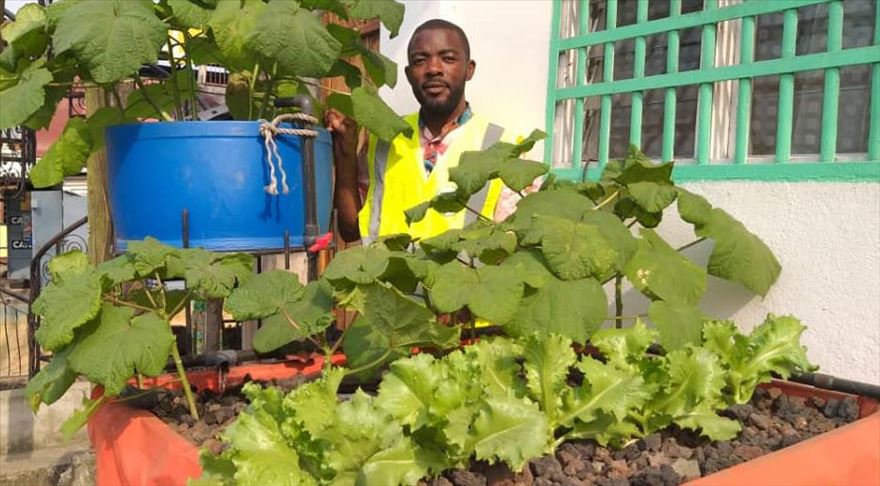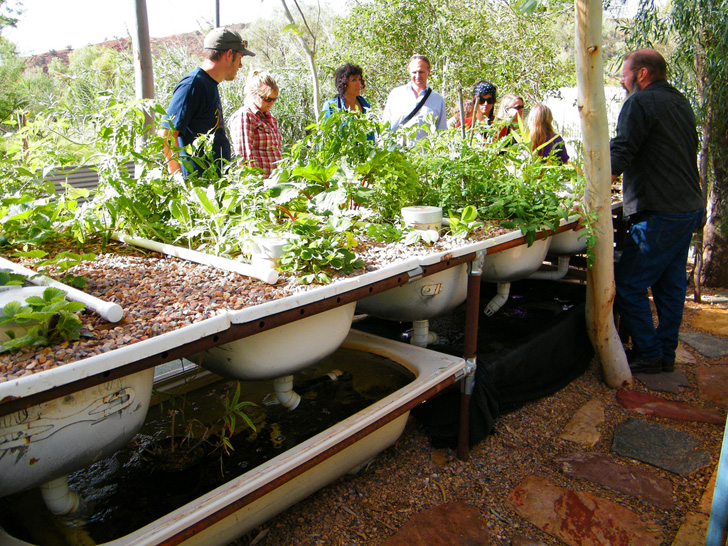Sustainable Local Food Production
By Cuauhtémoc R. Rodriguez. V.*
The COVID crisis showed us that we can survive without most of our usual things, with two big exceptions: water and food.
The crisis highlighted our need to create sustainable food production methods for self-consumption and for distribution within our local communities, in a way that conserves the environment and more equitably distributes the profits and wealth from this production to the local people.
To ensure the sustainability of our food sources in the future, we must go back to growing and producing our own food, in an environmentally safe way, for self-consumption, and to supply our local stores and communities.
What is “Sustainable” Local Food Production?
By its nature, today’s method of large-scale food production consumes a lot of natural resources. There are only a few global companies that control everything that we eat. While they earn billions of dollars from consumers, the industry is not labor-intensive.
Basically, we need to go back to some of the old methods of producing food.
“Sustainable” local food production is a method that uses clean processes and systems; conserves non-renewable energy and natural resources; is economically efficient; is safe for workers, communities, and consumers; and does not compromise the needs of future generations.
“Acuaponia” is one of the most efficient methods of sustainable food production that combines intensive fish and vegetable production. The plants benefit from the nitrites produced by the decomposition of fish feces and urine, while the fish benefit from the filtering capacity of the hydroponic system.


This video demonstrates how “Acuaponia” works and how it can be used to grow food locally in homes, backyards, and on smaller plots of land.
Science & Our Local Economies
From an economic standpoint, communities that are large food importers have a deficit trade balance. The profits and wealth generated by large-scale food production are primarily made by large agricultural corporations and grocery retail chains, and not by the people in our local communities.
It is urgent to change our approach to food production using science and technology to strengthen sustainable methods, but we must also be willing to look for new economic models so that the wealth from that production is more equitably shared.
THINK about the economic impact on your own community . . .
- If people can self-produce many of the things that they consume most frequently rather than buying them?
- If riverside and beach communities use the land and water available to produce food for local sale and consumption?
- If big chains and retailers are required to buy a percentage of their food products from local suppliers who use sustainable production methods?
And THINK how enriched our communities would be if the accumulation of the capital and wealth generated by sustainable food production are more equitably maintained by you and your neighbors.
Tourism & Sustainable Food Production
In Mexico, and in many other tourist destinations, agricultural land has been replaced with hotels, vacation properties, and business establishments. The number of local farmers and food producers has been drastically reduced, and large chains and retailers have replaced many local farmer’s markets.
Our youth have left the farms to work in the tourism sector, but now that those jobs are gone or reduced due to the health crisis, many families are struggling to buy food that they once produced themselves.
For “sustainable tourism,” the tourism industry must be linked to the natural vocation of our various areas in a virtuous circle of sustainable food production and responsible consumption.
A Model for the Future
Local food producers, retail chains, and the restaurant industry could become extraordinary allies in creating value for the consumer, our communities, and our planet.
It is time to develop and invest in pilot programs for local, sustainable food production.
At the same time, we also need to establish criteria to certify, in a very visible way, establishments – chain retailers, hotels, and restaurants – that use locally produced sustainable products.
These activities will not only benefit our economic and environmental lives, but they also present a great opportunity for “new niches” in the tourism industry.
*About the Author: Cuauhtémoc R. Rodríguez V. (Témo) is the General Director of Cuauhtémoc-Verduzco, a marketing consulting, and public relations firm serving the tourism industry in Zihuatanejo and Acapulco, Guerrero. He obtained a B.S. in Ocean Studies in Baja California Sur and has an MBA in Marketing from California Polytechnic State University.
Related Articles:


